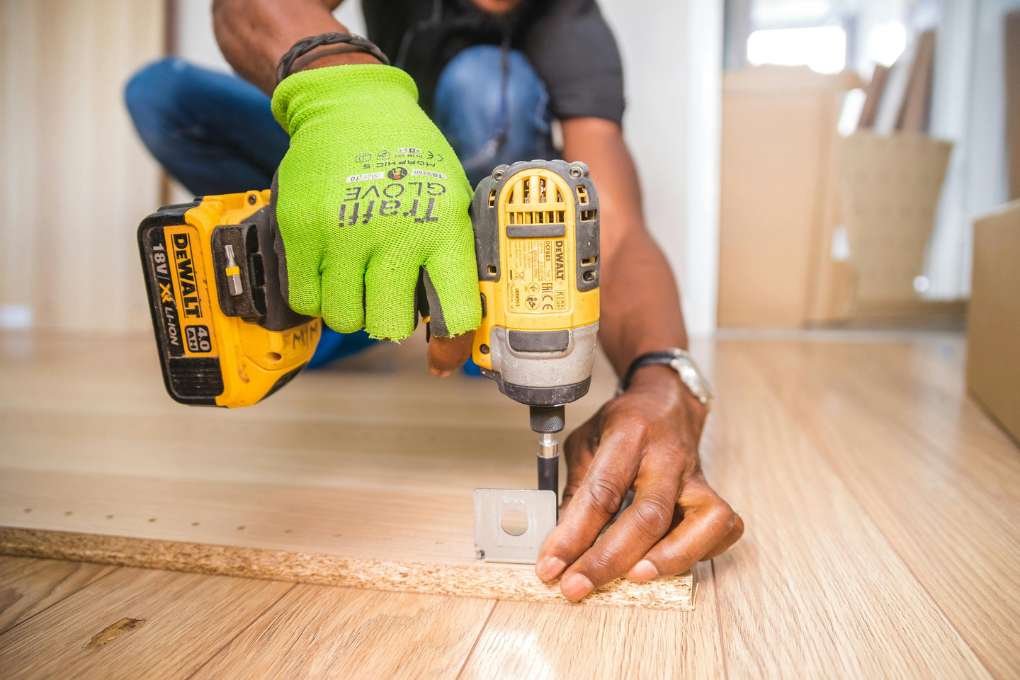
by Joy | Jan 29, 2025 | Blog
Bathroom blitz? Kitchen kit out? Or perhaps some landscaping love might be on your house upgrade wishlist for 2025? If so, it’s worth knowing what reno finance options are available. Today we’ll explain some ways to fund your home improvement project. Spending...

by Marc Enners | Apr 16, 2024 | Blog
There is something very special about moving into a newly built home or putting the finishing touches on a major renovation. Maybe it is the look and feel of new paint and fresh flooring, or just knowing you have kicked a worthwhile goal. Whatever the motivation,...

by Marc Enners | Nov 28, 2022 | Blog
How to Refinance When Property Prices Are DecliningYou may have heard that property values are dropping, but what does this mean if you are planning on refinancing?With the rising cost of living and climbing interest rates, you may be looking to refinance your...

by Marc Enners | Nov 21, 2022 | Blog
Renovate or Invest? How 7-In-10 Australians Are Using Their EquitySeven in 10 homeowners have recently used their equity in their home to renovate, invest in property or shares, or boost their superannuation. Have you thought about how you could take advantage of...

by Marc Enners | Aug 28, 2015 | Blog
How does being able to afford an entire Spanish village, fly your whole family there and back first class AND have enough money left over for renovations sound? Well, Zippy The Wonder Dog has found just that this week!! This listing was highlighted this week in an...






